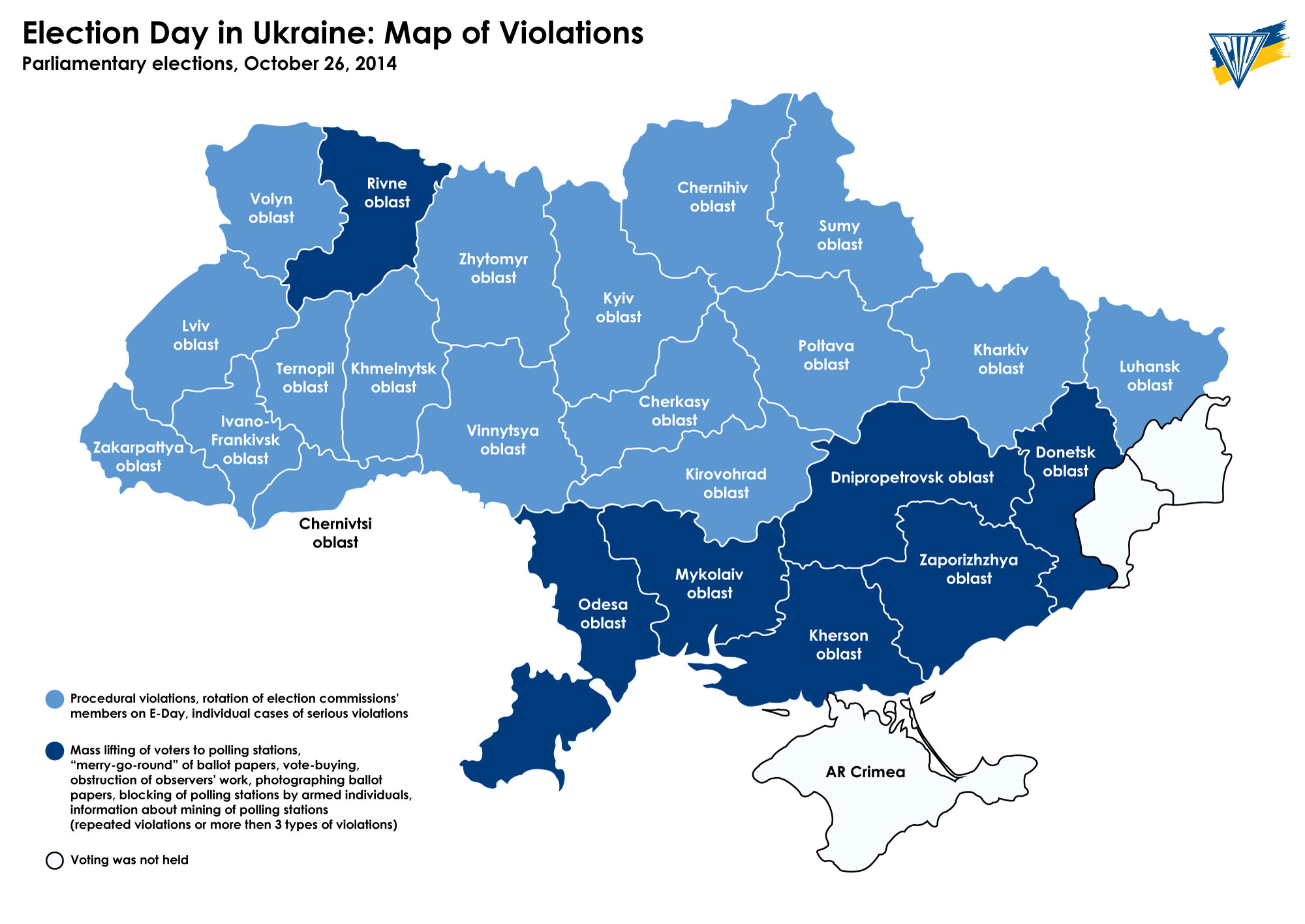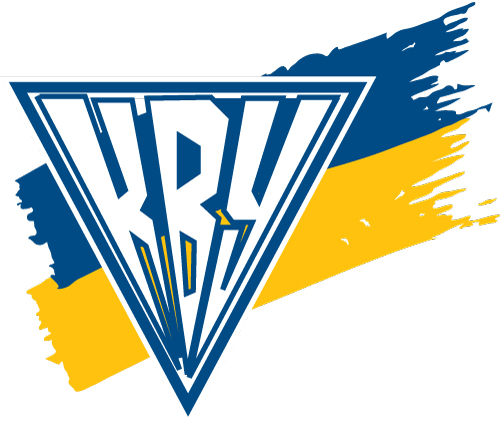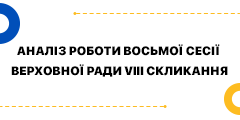
Voting on election day was generally conducted in accordance with the law and international standards.
However, CVU’s official observers reported a number of problems related to the organization of the voting process and preparation for its implementation.
Similarly to the presidential election in May 2014, many parties and candidates have broken the law forbidding campaigning on election day and the day preceeding. In particular, last-minute outdoor political advertising appeared in many regions, most often associated with "Batkivschyna," Petro Poroshenko Bloc, and the Radical Party.
Voters generally were able to make an informed choice on election day. At the same time, the possibility of such a choice was complicated by the lack of information posters of candidates and parties at many stations, as well as non-transparent financing of election campaigns. Before election day, the CEC published on its website the interim financial statements for only 2 of the 29 parties, while the financial reports of candidates in single-mandate constituencies were available for less than half of the constituencies.
Among the most common problems and irregularities in the organization of voting: frequent changes in polling stations and DECs, made on the last day before the election and leading to misunderstandings among members of the preparatory commission meeting; no posters on many stations; cases of vote-buying and organizing so-called "carousel voting"; cases of mass transportation of voters to the polls; interference with the work of district and precinct election commissions; wrongful stamping of "Removed" on some ballots, cases of obstruction of official observers, and others.
However, the number of violations of election law in the organization of voting process on October 26, 2014 were significantly lower than in the previous parliamentary elections of 2012. Many violations were related to the fact that the elections were held according to the mixed electoral system, which opens the door to abuse by candidates in single-member constituencies. The introduction of the latest amendments to the Criminal Code of Ukraine and the upcoming transition to a proportional electoral system with voting for "open lists" of candidates will significantly reduce the number of violations of election law not only on election day, but also in preparation for its conduct.
Despite limited human resources, law enforcement authorities properly maintained law and order at polling stations and properly responded to violations of election laws during election day. Cases of bribery of voters, of "carousel voting", of unauthorized interference with the work of the "Vybory" computer analytical program in one of the districts of Kiev should be properly investigated and perpetrators should be brought to justice under recent amendments to the Criminal Code of Ukraine.
In view of the overall situation in the Donetsk and Lugansk regions, it can be argued that voting in the Donbas (in areas controlled by the Ukrainian government, which conducted the vote) was duly secured, although not unproblematic. Some problems occurred at the stage of processing protocols of vote counting by the polling stations (DEC #60 paused its work because of attacks by the separatists, there were problems with the admission of observers to do their duty in DEC # 50, etc.)
In general, vote counting, the transportation of election documents, and tabulation were conducted with no significant violations. The main problems at this stage were incorrect drafting of the reports of the vote count at the polling stations, resulting in the need to provide corrected protocols and traditionally long queues to submit the election documents at the DECs. In some districts, cases of empty signed protocols and transportation of election documents to the DEC with polling station seals were observed.


